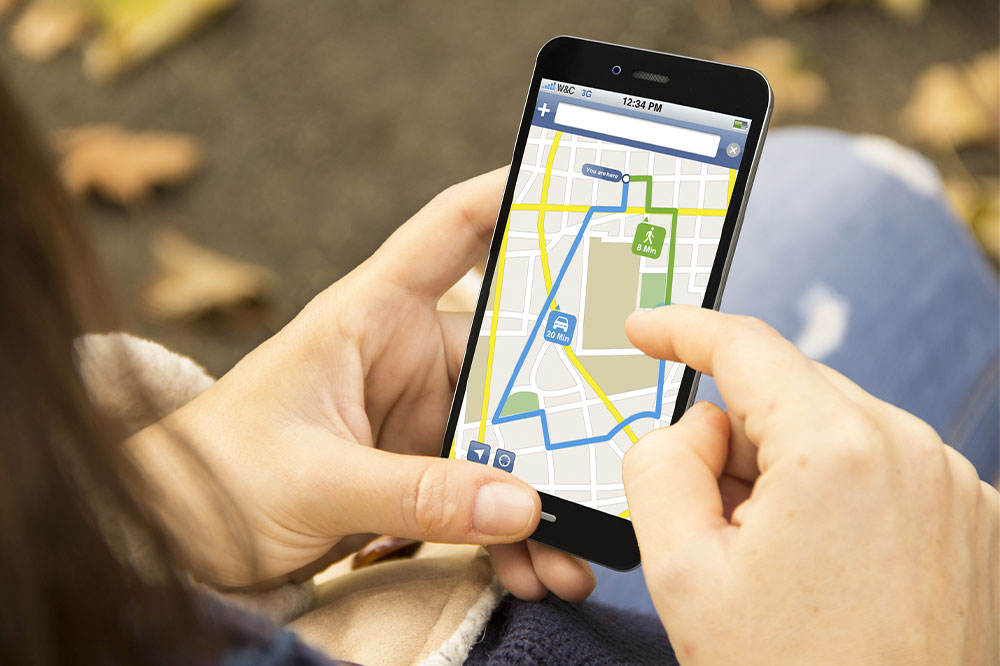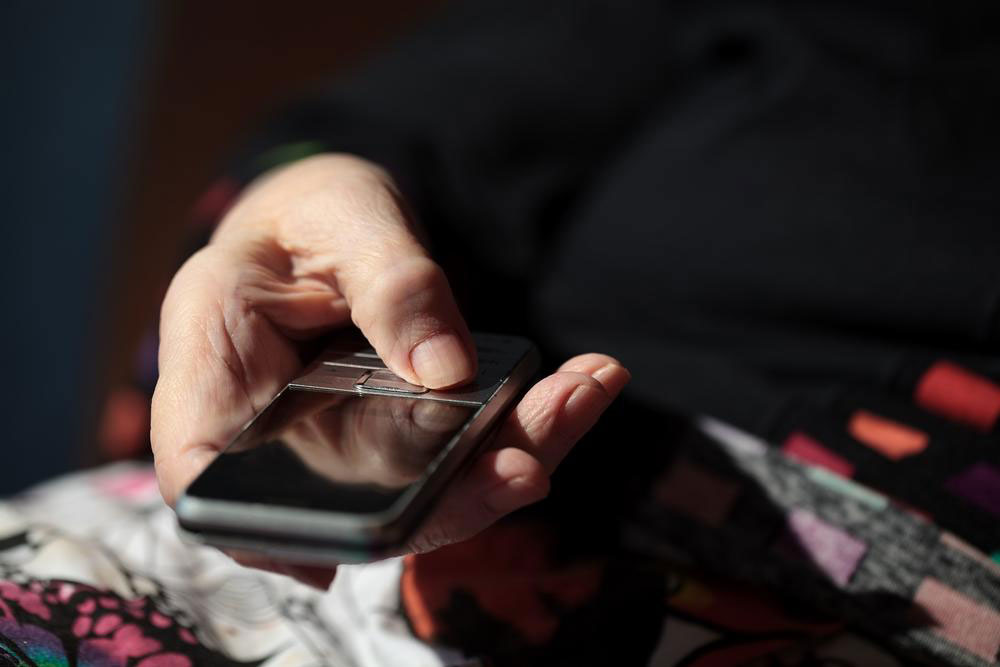Know about the Laws and Scenarios for Tracking Cell Phones
The new age smartphones keep a track of our whereabouts whether we like it or not. The location records from these devices reveal a lot of information about the person carrying the phone. However, laws have not been able to keep pace with the strides in technology. Police consider themselves authorized to access this information from cell phone companies without warrants. Thankfully, times are changing. Slowly and slowly by passing legislation, the state is ensuring privacy protection rights for more and more Americans.

When it comes to tracking a cell phone, you need to first check the laws of the concerned state. Here is a brief:
There is no binding authority in the states of Alaska, Arizona, Arkansas, Hawaii, Idaho, Iowa, Kansas, Missouri, Nebraska, New Mexico, New York, North Dakota, Oklahoma, Oregon, South Dakota, Washington, Wisconsin, and Wyoming.
No warrant is required in the states of Alabama, Georgia, Illinois, Indiana, Kentucky, Louisiana, Michigan, Mississippi, Nevada, North Carolina, Ohio, South Carolina, Tennessee, Texas, and West Virginia.
A warrant is required for all cell phone information in states of California, Maine, Massachusetts, Minnesota, Montana, New Jersey, Rhode Island, Utah, and Vermont.
There are some protections in the laws in the states of Colorado, Connecticut, Delaware, and Pennsylvania.
Moreover, there are some conflicting authorities in states of Florida, Maryland, and Virginia.
Cell phone tracking by state machinery is a different matter. Perhaps you as an individual, are partially aware of the laws concerning cell phone tracking. The next obvious thing that comes to mind is how to track a cell phone number?
There are some legal and ethical restrictions when it comes to tracking phones. It is generally understood that it is illegal to access someone’s phone unless you have authorization. If you have the authority, then you can take the help of US phone companies. However, if you do not have the authority to track cell phone location, then you will need to take the services of a professional private investigator.
Scenario 1
When you own the phone or have the permission to track it, you can use the services of phone carriers. Allow GPS tracking or install a special iOS or Android app by changing the settings on the phone. To track phones that are connected to one account, you can use these apps:
AT&T Family Map
This is where you can see location history and also receive notifications if the phone leaves a designated area.
Sprint Family Locator
This includes an array of apps called Guardian to locate family members and get updates on their location throughout the day.
Verizon Family Locator
This is similar in features to other apps.
These apps can be used on both the operating systems Android and iOS because these phones have built-in systems to locate the devices from another remote phone or desktop.
Scenario 2
When you do not have the written permission to track a phone and you do not own it, then, even if you are able to gather some information you cannot use that in any kind of legal setting because what you are doing is illegal in the first place. However, to help you here also, there are some apps:
Connect
This collects all social media posts about your intended person and sets them in one place along with their locations. These help you to know where the activity is taking place.
Find My Friends
You can track the location of your friends and family members by sending them an invitation to join. When they accept it, they are added to your network and you can track location at any point in time.
mSpy
A very dynamic tool that allows tracking a cell phone location, log incoming and outgoing messages, sees the call logs, and more.
Scenario 3
You need to track the cell phone of a person, and you do not own the phone and you obviously want to do it legally, then again there is an option:
Hire a licensed Private Investigator who will follow the intended person and also scourge through their social media posts. He would be having complete knowledge of what is allowed or not permissible by law when tracking a phone and a person.
To sum it up, if you have permission or you are a bonafide enforcement officer, then you can track a cell phone. Without permission, it is illegal. It would inevitably entail a “C” felony and perhaps 1 to 3 years in prison. If your tracker intercepts communication, also then you would have violated wiretapping laws—a potential federal crime which could land you in prison for 20 years.




